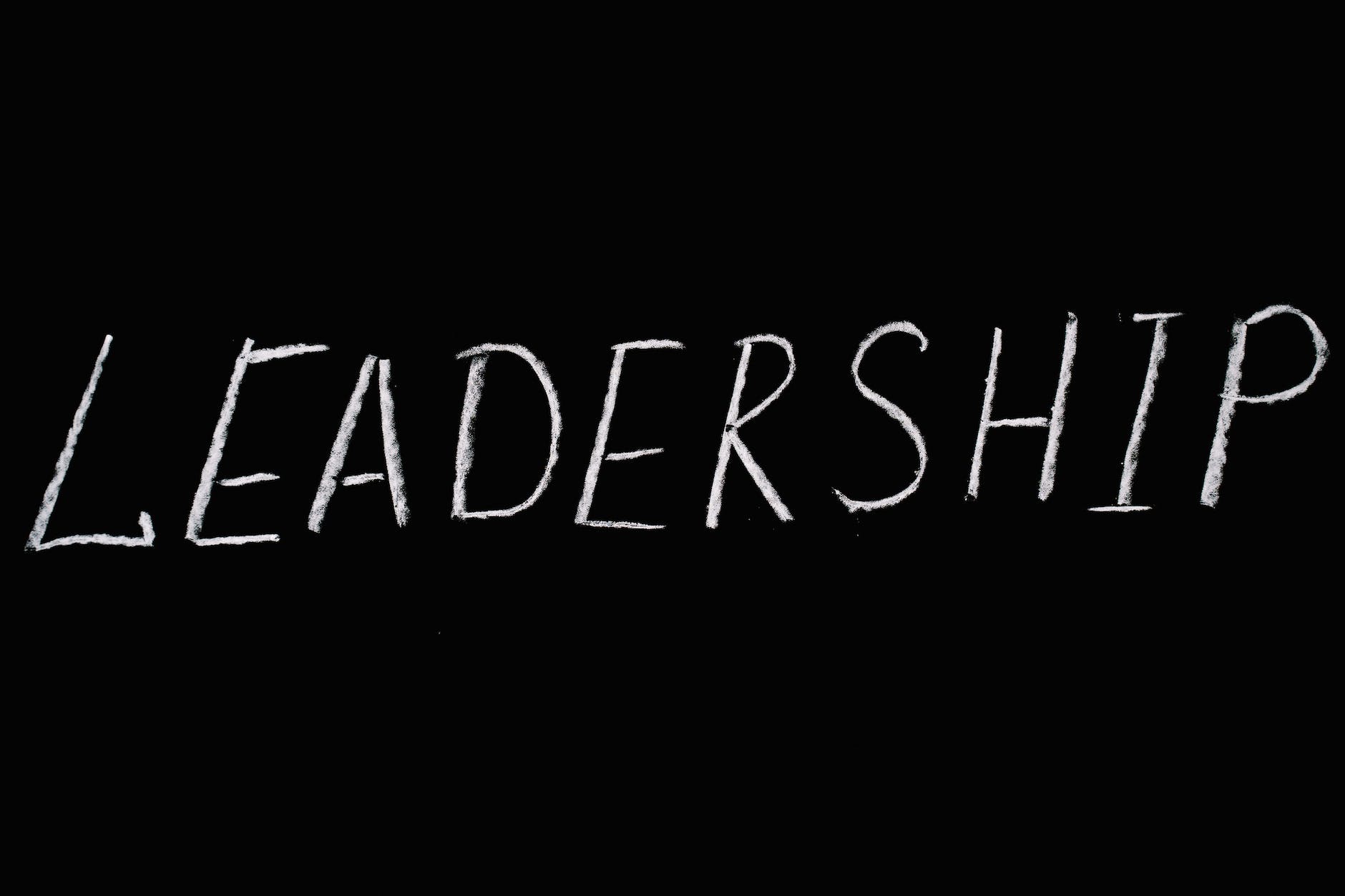Elections play a pivotal role in shaping the future of a nation or community. Selecting the right leader is essential for progress and development. In this post, we will discuss a comprehensive framework to help voters evaluate candidates effectively during elections.
- Vision and Values: Start by examining a candidate’s vision for the future and the values they stand for. Are their goals aligned with the needs and aspirations of the community or nation?
- Track Record: Investigate the candidate’s past actions and decisions. What is their political or leadership history? Have they been consistent in their commitments and actions?
- Transparency and Honesty: Assess the level of transparency and honesty the candidate displays. Do they communicate openly and honestly with the public, and do they have a history of integrity?
- Leadership Skills: Evaluate their leadership skills. Are they effective communicators, problem solvers, and decision-makers? Can they inspire and unite people?
- Policy Positions: Examine their stance on critical issues. Do their policies align with your priorities and the well-being of the community or nation?
- Ability to Collaborate: Leadership often involves working with others. Evaluate their ability to collaborate with different groups and political parties.
- Empathy and Inclusivity: Consider whether the candidate shows empathy toward different groups within society. Are they inclusive and willing to represent the interests of all citizens?
- Long-Term Thinking: Assess their ability to think long-term and plan for the future, rather than focusing solely on short-term gains.
- Crisis Management: How have they responded to crises in the past? This is crucial, as leaders must be adept at handling unexpected challenges.
- Environmental and Social Responsibility: In today’s world, it’s important to consider a candidate’s commitment to environmental sustainability and social responsibility.
- Public Engagement: Analyze their engagement with the public. Do they actively seek input and feedback from citizens?
- Feedback and Recommendations: Pay attention to endorsements and recommendations from trusted sources, but also consider the source’s credibility.
- Community Involvement: Look at how involved the candidate has been in community and civic activities. Active participation often indicates a commitment to public service.
- Debates and Interviews: Engage with the candidate’s performance in debates and interviews. These platforms can provide insights into their knowledge, communication skills, and temperament.
- Local vs. National Impact: Consider whether the candidate’s leadership experience is more relevant at the local or national level, depending on the election.
By using this framework to evaluate candidates during elections, you can make an informed choice that aligns with your values and the needs of your community or nation. The goal is to elect leaders who will drive positive change and contribute to a better future.
What makes a true leader?
Let’s further break down the required key points:
- Moralist: A true leader should have a strong sense of ethics and morality, guiding their actions and decisions based on principles of right and wrong.
- Intelligent: Intelligence, in terms of both knowledge and emotional intelligence, is crucial for effective leadership. Leaders need to make informed and thoughtful decisions.
- Disciplined: Discipline helps leaders stay focused and maintain consistency in their actions and decisions, which is essential for gaining trust and respect.
- Logical: Sound reasoning and logical thinking are important for problem-solving and making well-informed decisions.
- Sincere and Honest: Honesty and sincerity build trust with followers, and leaders should lead with transparency and authenticity.
- Courageous Decision-Maker: True leaders must have the courage to make tough decisions, even when those decisions are unpopular or challenging.
- Caring for All Species and the Environment: In a global context, modern leaders should also be conscious of the well-being of all species, the environment, and the planet. Sustainable and responsible leadership is increasingly important.
- Action-Oriented: Leadership isn’t just about words; it’s about taking action to make a positive impact on the world. True leaders lead by example and actively contribute to the betterment of society.
These questions outlined for evaluating potential leaders are indeed important. People should consider a leader’s values, priorities, track record, honesty, transparency, and their ability to make difficult decisions. These factors can help individuals make informed choices when selecting leaders to follow and support.
It’s also crucial to understand that no one is perfect, and leaders will make mistakes. What matters is their willingness to learn from these mistakes and grow as leaders.
This post encourages thoughtful and responsible leadership, which is essential for building a better world. Leaders who possess these qualities and are committed to making a positive impact can inspire and drive meaningful change.
